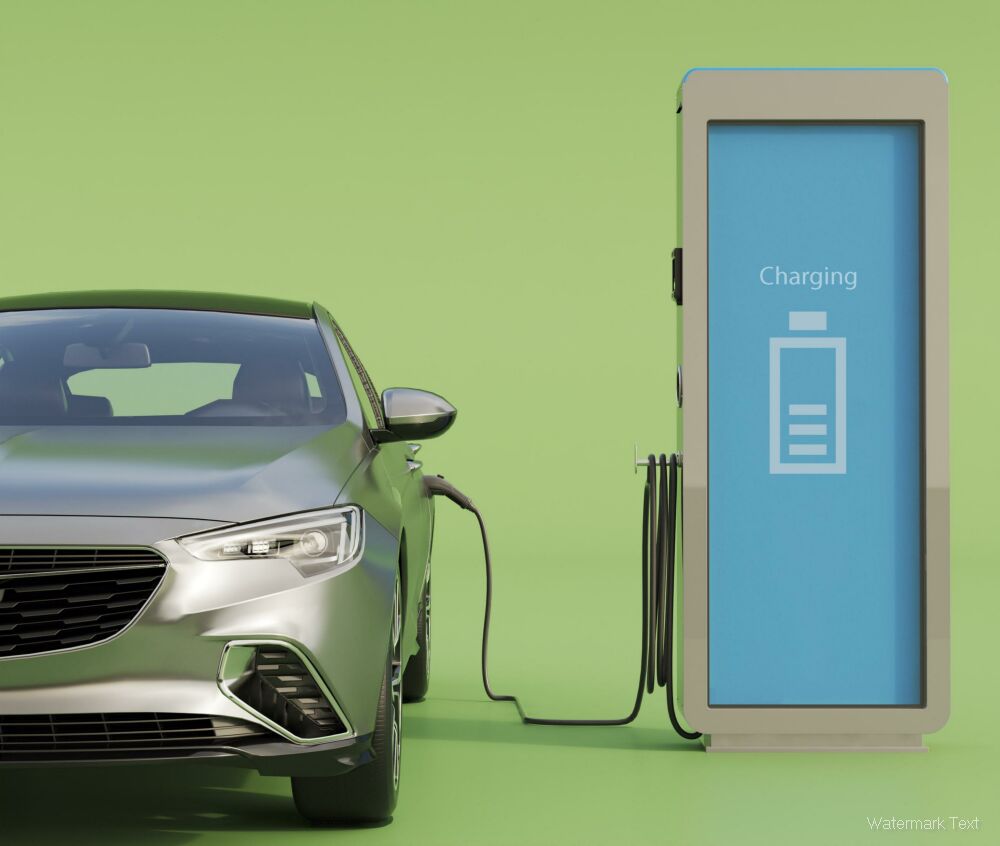In today's fast-paced automotive industry, big data is not just a buzzword; it's a game-changer. ?? As manufacturers strive for efficiency, safety, and innovation, the integration of big data analytics has become essential. This blog explores how big data is revolutionizing automotive manufacturing, enhancing production processes, and driving customer satisfaction.

Understanding Big Data in Automotive Manufacturing
Big data refers to the vast volumes of structured and unstructured data generated every second in the automotive sector. From production lines to customer feedback, the data collected can be analyzed to improve decision-making and operational efficiency. According to a recent report, the global big data market in the automotive industry is expected to reach $2.5 billion by 2025, growing at a CAGR of 25%. ?
Key Areas Where Big Data Makes an Impact
-
Supply Chain Optimization: Big data analytics helps manufacturers streamline their supply chains by predicting demand and managing inventory more effectively. By analyzing historical data, companies can forecast trends and adjust their production schedules accordingly.
-
Quality Control: With the help of big data, manufacturers can monitor production processes in real-time, identifying defects and inefficiencies. This proactive approach reduces waste and enhances product quality.
-
Customer Insights: Understanding customer preferences is crucial for automotive manufacturers. Big data allows companies to analyze consumer behavior, enabling them to tailor products and marketing strategies to meet customer needs.
-
Predictive Maintenance: By analyzing data from sensors embedded in vehicles, manufacturers can predict when a vehicle might need maintenance, reducing downtime and improving customer satisfaction.
Statistics That Matter
To illustrate the impact of big data in automotive manufacturing, let's take a look at some compelling statistics:
| Statistic | Value | Emoji |
|---|---|---|
| Global big data market (2025) | $2.5 billion | ? |
| CAGR of big data in automotive | 25% | ? |
| Reduction in production costs | Up to 20% | ? |
| Increase in customer satisfaction | 30% | ? |
| Improvement in product quality | 15% | ? |
The Future of Big Data in Automotive Manufacturing
As technology continues to evolve, the role of big data in automotive manufacturing will only grow. The rise of electric vehicles (EVs) and autonomous driving technology will generate even more data, creating new opportunities for manufacturers. According to a study by McKinsey, the automotive industry could unlock $1.5 trillion in value through the effective use of big data by 2030. ?
Challenges in Implementing Big Data
While the benefits of big data are clear, there are challenges that manufacturers must overcome:
-
Data Security: With the increase in data collection comes the responsibility of protecting sensitive information. Cybersecurity measures must be robust to prevent data breaches.
-
Integration: Many manufacturers struggle with integrating big data analytics into their existing systems. A seamless transition is crucial for maximizing the benefits of big data.
-
Skill Gap: There is a growing demand for data scientists and analysts in the automotive industry. Companies must invest in training and development to build a skilled workforce.
Conclusion
Big data is transforming the automotive manufacturing landscape, offering unprecedented opportunities for efficiency, quality, and customer satisfaction. As manufacturers continue to harness the power of data, the industry will evolve, paving the way for innovations that we can only begin to imagine. ?✨
For more insights on how big data is shaping various industries, check out this article on Forbes.
As we look to the future, embracing big data will be essential for automotive manufacturers aiming to stay competitive in an ever-changing market. The road ahead is paved with data, and those who can navigate it will lead the way.



